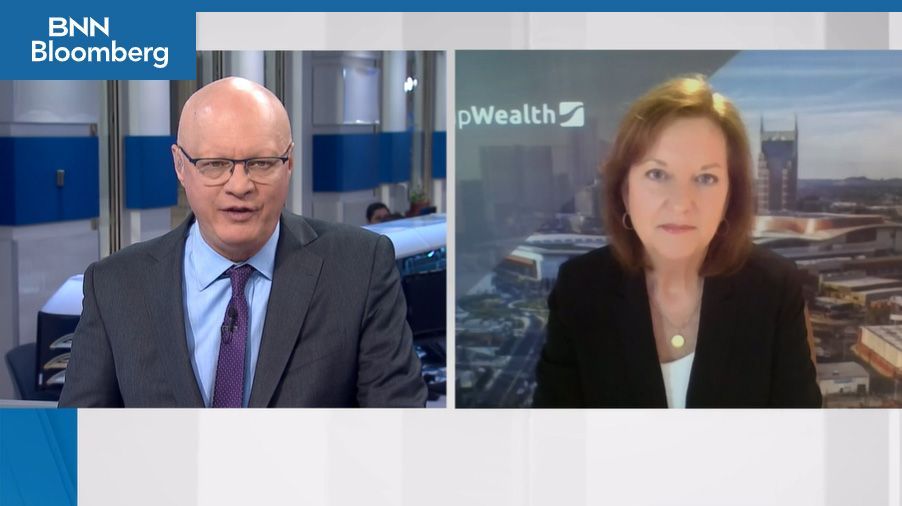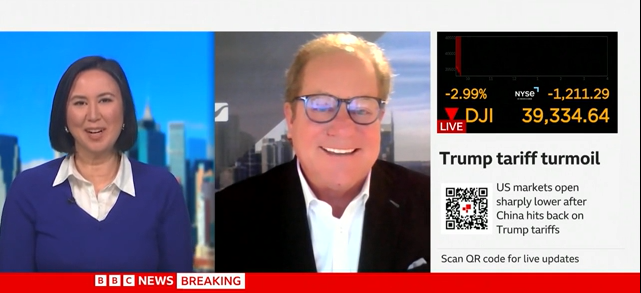Investing Wisdom: Start Young, Start Small if Need Be, and Stay the Course
August 14, 2022
It’s never too early to begin investing, no matter the amount.
The truth is many of us have the tendency to procrastinate when it comes to saving for retirement (and other long-term goals). Some may see it as a low priority compared to other financial goals, like saving up for a down payment on a home. Others may have a misconception that the amount invested matters more than the timing.

Starting early allows investors to take full advantage of compound interest—one of the most powerful wealth-building tools available. Whether you’re maxing out your contributions or only setting aside a small percentage, the best time to begin investing is now.
What is compound interest?
Compound interest can be defined as interest that is calculated on both the initial principal and the accumulated interest of previous periods.
Compared to simple interest, which is calculated only on the principal, compound interest makes the balance of an investment—or a loan—grow at a significantly faster rate.
Because of this, when you start saving can matter far more than how much you save.
While investing 15% of your income is a good rule of thumb, it’s important to understand that investing something is better than nothing. Many young people fear that investing isn’t worth it if they can only afford to put 5 percent of their income into their Roth IRA or 401(k).
However, the numbers show that someone who invests smaller amounts early on comes out ahead in the long run, compared to someone who waits until they can start investing the full 15%.
Take this example.
Consider Dave, a 35-year-old professional who waits to begin investing until he can afford to contribute a larger percentage of his salary. Though he was investing almost $700 per month, with an average return of 10%, his balance was about $1.5 million by age 65, with a total of $252,000 in contributions.
Alternatively, consider Sally, a college student who works part-time and begins putting just $200 a month into a Roth IRA at age 18. At the same 10% rate of return, Sally’s investment will be worth about $2.5 million by the time she turns 65, with a total of $112,800 in contributions.
She saved half as much as Dave and ended up with $1 million more because she started early.
As you can see, compound interest favors those who start early, which is why it pays to start now, regardless of how much you can invest at the beginning.
How should I begin investing?
By starting early and staying consistent, your investment can turn into a nice nest egg by the time you retire.
There are several great options available for young investors, including employer-sponsored 401(k)s, Roth IRAs, and 529 plans for education savings, just to name a few.
Contributing to your employer-sponsored 401(k) can be the best option, especially if they offer a match. It’s hard to beat the benefits of the employer matching contribution—that’s free money!
Roth IRAs are also an excellent option for investors, as they grow tax-free, unlike traditional IRAs. Your contributions come from your after-tax income and thus are not taxable when you retire and begin taking distributions.
Individuals can add as much as $6,000 per year to Roth IRAs ($7,000 for those over 50). Please note, there are income limits for Roth IRAs, making it even more important to start young before your income potentially exceeds certain limits ($129,000 for single and $204,000 for married filing jointly in 2022).
In addition to retirement accounts, 529 plans are a smart choice to look into if you have children and are hoping to save for their education. This is another scenario where compound interest is crucial. Saving something when your child is in diapers can make a big difference.
If the concept of maxing out two investment accounts is overwhelming at this point, don’t panic. As a young investor, it isn’t about doing everything at once, it’s simply about getting started and starting small.
If you’re ready to begin taking steps toward a more secure financial future, reach out to an adviser to help you determine the best starting point for you.
Hunter Yarbrough, CPA, CFP, is an executive vice president and financial adviser with CapWealth. He is passionate about taking a holistic view of personal finance, including investments, taxes, retirement, education, estate planning, and insurance. For more information about Hunter and CapWealth, visit capwealthgroup.com.
Mason Everett, a student of accounting and finance at the University of Mississippi, is a Tennessee native and served as CapWealth’s 2022 summer intern.













